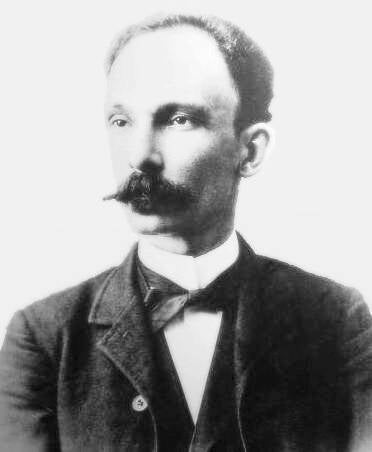
What does it mean to be courageous? For some, it’s found on the battlefield, charging into the unknown with nothing but conviction as a shield. For others, it’s in the power of words—the kind that stir hearts, ignite revolutions, and refuse to be silenced even under the weight of oppression. Courage isn’t always loud; sometimes, it’s the quiet persistence of a man who refuses to bow, the steady hand of a leader who envisions freedom when others see only chains.
In the vast landscape of Hispanic history, men have risen time and again to meet this calling. They’ve stood against empires, spoken truth to power, and carried the hopes of their people on their shoulders. Some were revolutionaries who risked everything to build nations from the ashes of colonial rule. Others were poets and thinkers whose voices still echo centuries later, challenging us to dream bigger and fight harder for justice.
Their stories are not just historical footnotes—they are blueprints of resilience, determination, and unwavering belief in a better tomorrow. To honor Hispanic Heritage Month, we’re shining a light on a few of these icons whose courage reshaped not only their nations but also the world.

Simón Bolívar (1783–1830) - The Liberator
Known as “El Libertador,” Simón Bolívar was a revolutionary leader who spearheaded the independence movements of several South American countries, including Venezuela, Colombia, Ecuador, Peru, and Bolivia. His vision was not only of political freedom from Spanish colonial rule, but also of unity across Latin America. Bolívar’s unyielding determination and powerful speeches inspired thousands to take up the cause, forever securing his place as a symbol of independence and leadership.

Benito Juárez (1806–1872) – Defender of Democracy in Mexico
Benito Juárez, Mexico’s first Indigenous president, rose from humble beginnings to become one of the country’s most respected leaders. He championed education, equality, and the separation of church and state through his Reforma policies. His steadfast resistance against French occupation and Emperor Maximilian’s rule showcased his courage as a defender of democracy. Juárez remains a symbol of perseverance and the belief that even in times of adversity, justice and dignity must prevail.

José Martí (1853–1895) - Poet of Freedom
A writer, philosopher, and political activist, José Martí dedicated his life to Cuban independence from Spain. Through his poems, essays, and speeches, Martí inspired a generation to embrace the struggle for liberty. His work emphasized not only national freedom but also the broader fight for human rights and equality. Martí died in battle at just 42, but his words and ideals continue to shape Cuba’s cultural and political identity.

César Chávez (1927–1993) – Champion of Workers’ Rights
Born to a family of migrant farmworkers, César Chávez became a tireless advocate for labor rights in the United States. Co-founding the United Farm Workers (UFW), he fought for fair wages, safe working conditions, and dignity for agricultural laborers. Through nonviolent protest, strikes, and marches, Chávez drew national attention to the struggles of farmworkers, leaving a legacy of justice and empowerment that continues to inspire activism today.

Roberto Clemente (1934–1972) – More Than Baseball
Roberto Clemente, the legendary Puerto Rican baseball player, was more than an athlete—he was a humanitarian. Known for his incredible skill on the field, he also dedicated himself to charitable work, especially for Latin American and Caribbean communities. Clemente tragically died in a plane crash while delivering aid to earthquake victims in Nicaragua, but his legacy of compassion and service endures, proving that courage extends far beyond the spotlight.
Closing Thoughts
These men stood at the intersection of history, each one shaping not only their nations but also the collective identity of the Hispanic world. Their courage took many forms—military resistance, political leadership, artistic expression, labor advocacy, and humanitarian work. Together, they remind us that history is not just about victories won, but about the lasting values of justice, dignity, and service to others.
Add comment
Comments